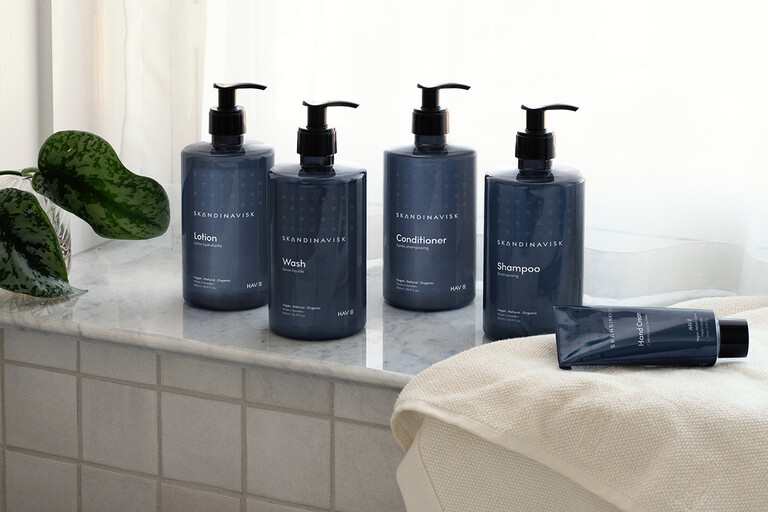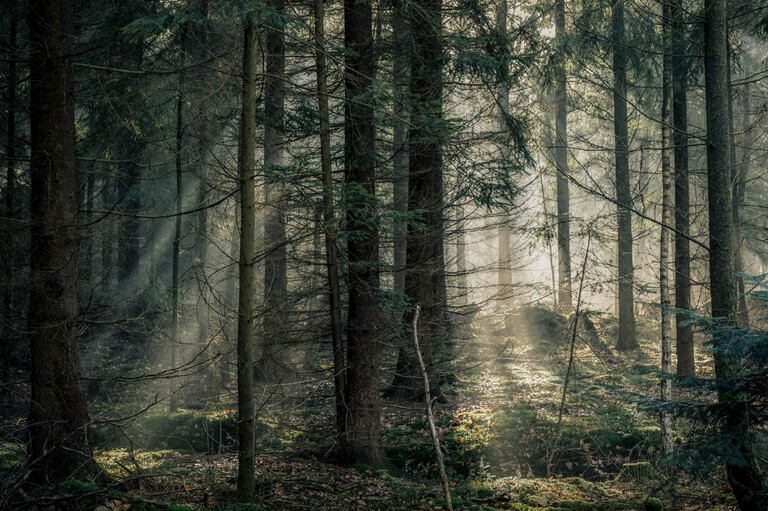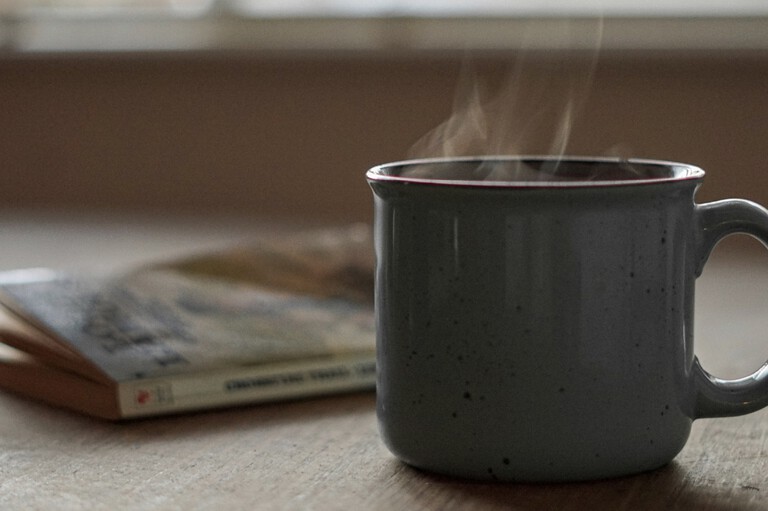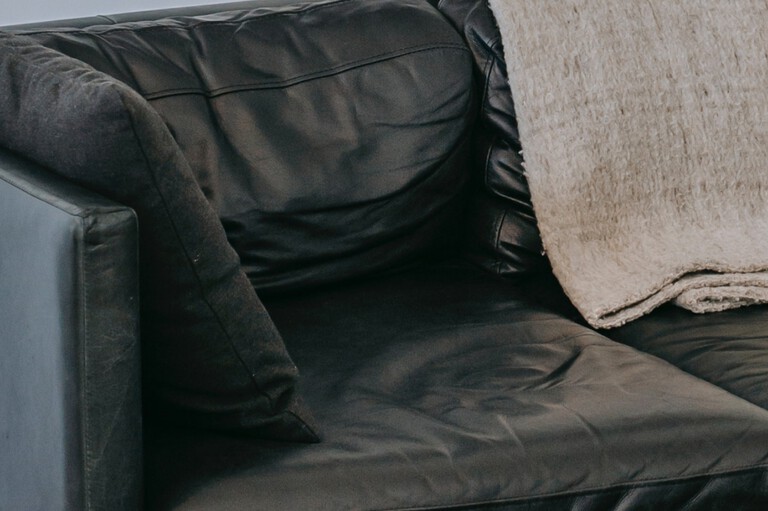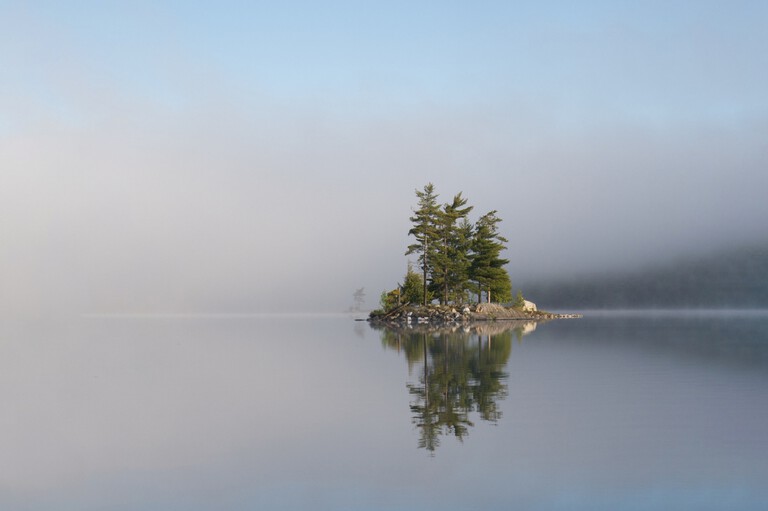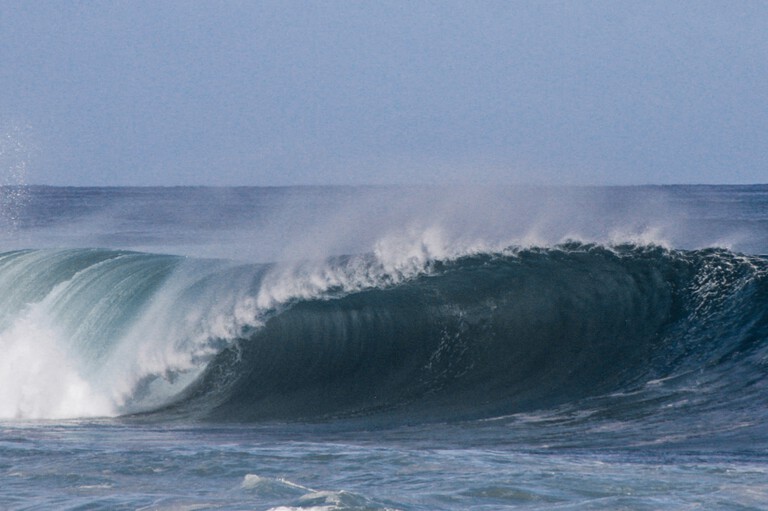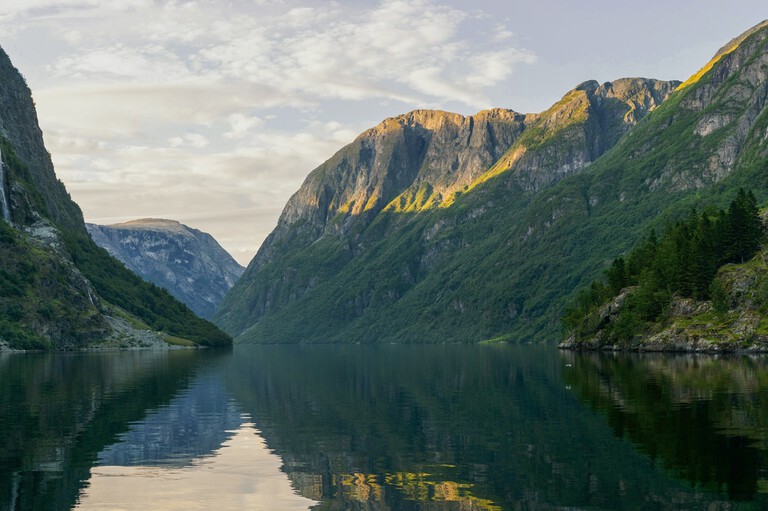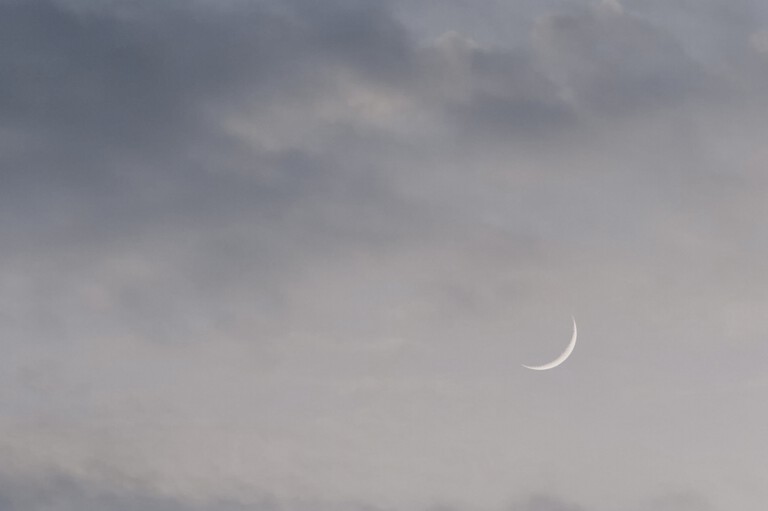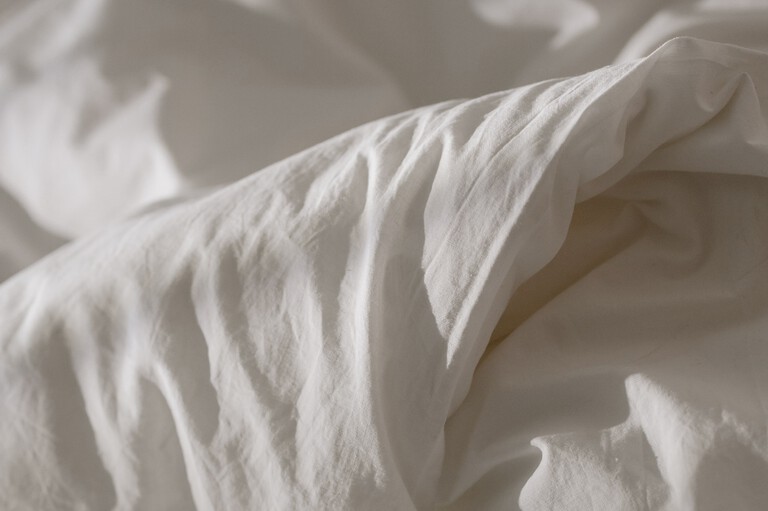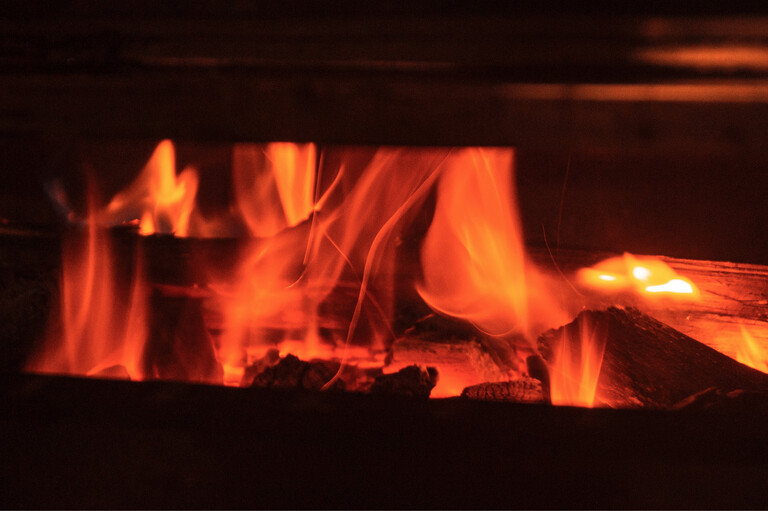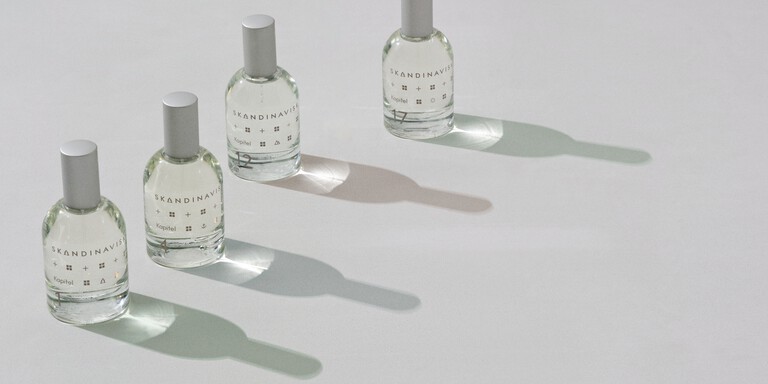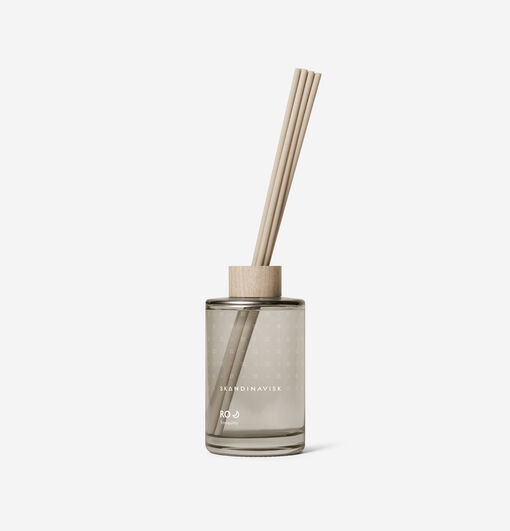I was talking to a local Copenhagen shopkeeper the other day, someone who has clothed my wife for the past ten years.
She said the reason people buy fashion has turned upside down in the space of just a few seasons. It used to be to look good, attend a party, or treat oneself. But now people ask themselves, do I really need another dress? Is it responsibly made? Where do the materials come from? If I buy it, am I part of the problem or the solution?
The questions are not restricted to fashion.
Genetically modified cotton thirstily drinks precious water and nasty pesticides from otherwise dead soil. Palm oil is in half the supermarket products we buy, and the rainforests are disappearing. 96% of the animals on earth – and three-quarters of all birds – are domesticated. Crude oil production continues to inexorably rise and find new uses despite plentiful renewable energy alternatives. Global carbon emissions have risen faster than ever since the turn of the millennium, seemingly impervious to the corresponding rising public hysteria.
All of a sudden, the word ‘consumer’ sounds criminal, and guilt lurks behind every shop corner.
We need to change the status quo. Ironically, the very thing that has brought us to this point is the best tool to address it.
Because by changing how we consume, we can all start making the change the world needs.
